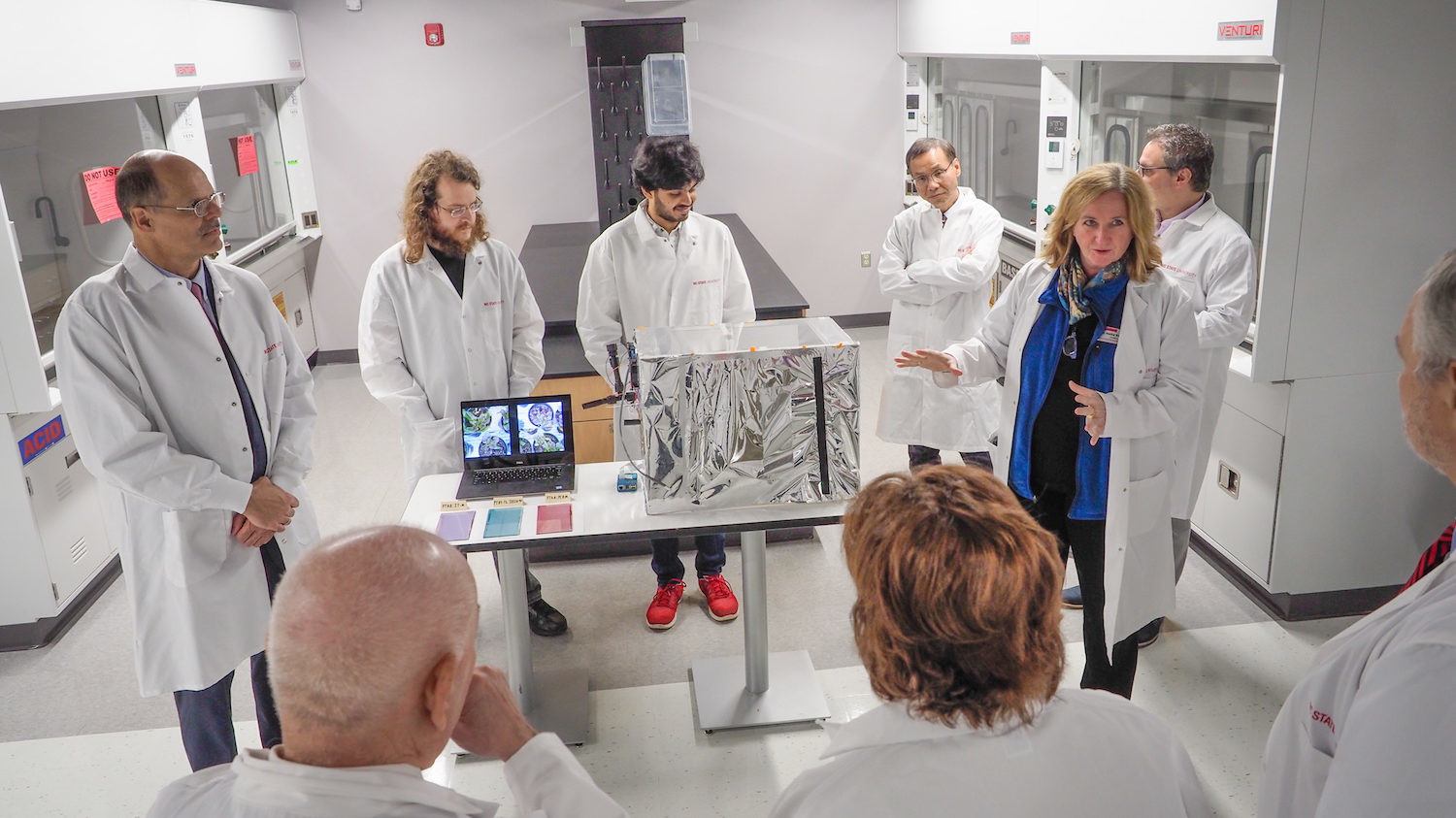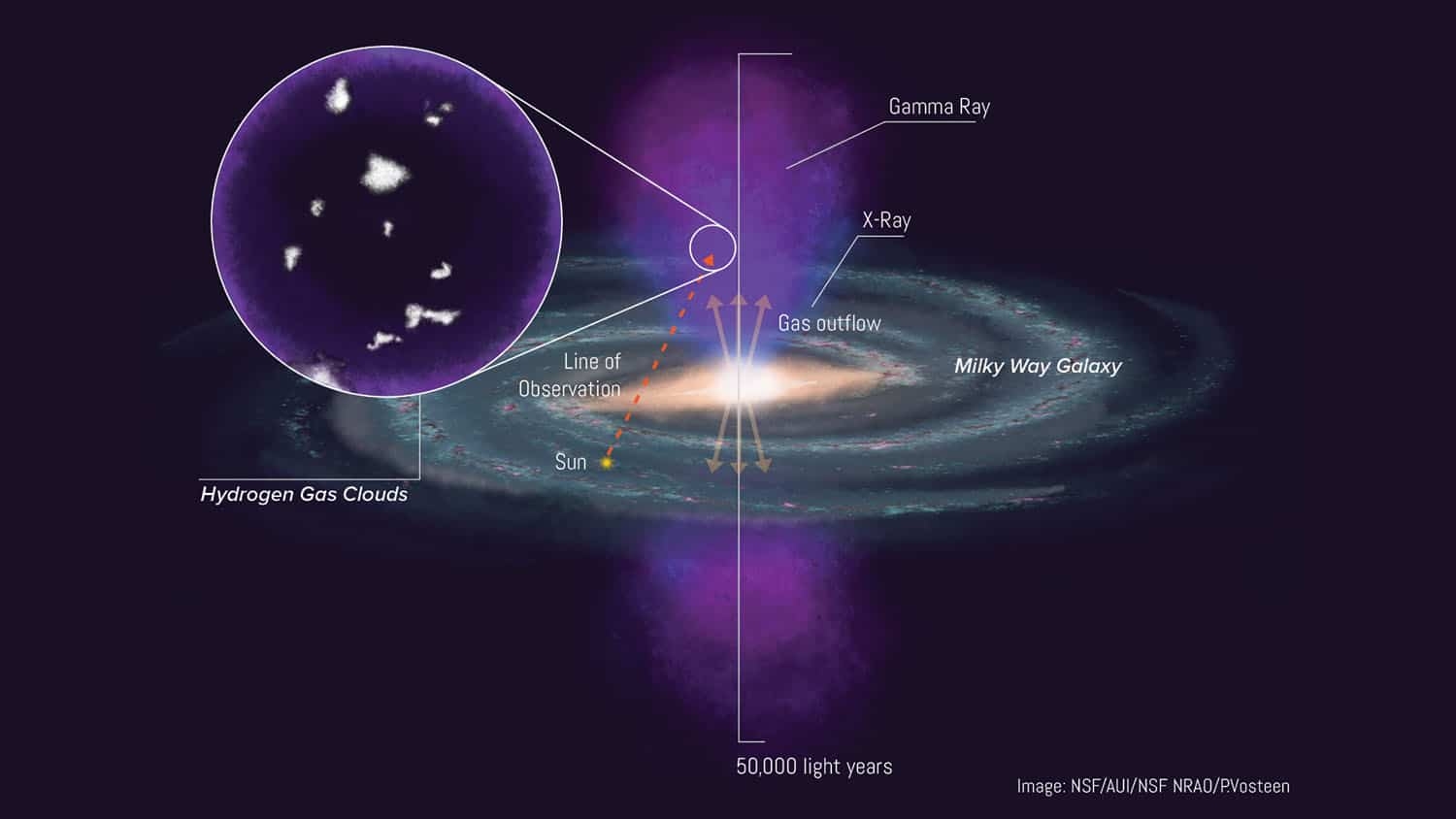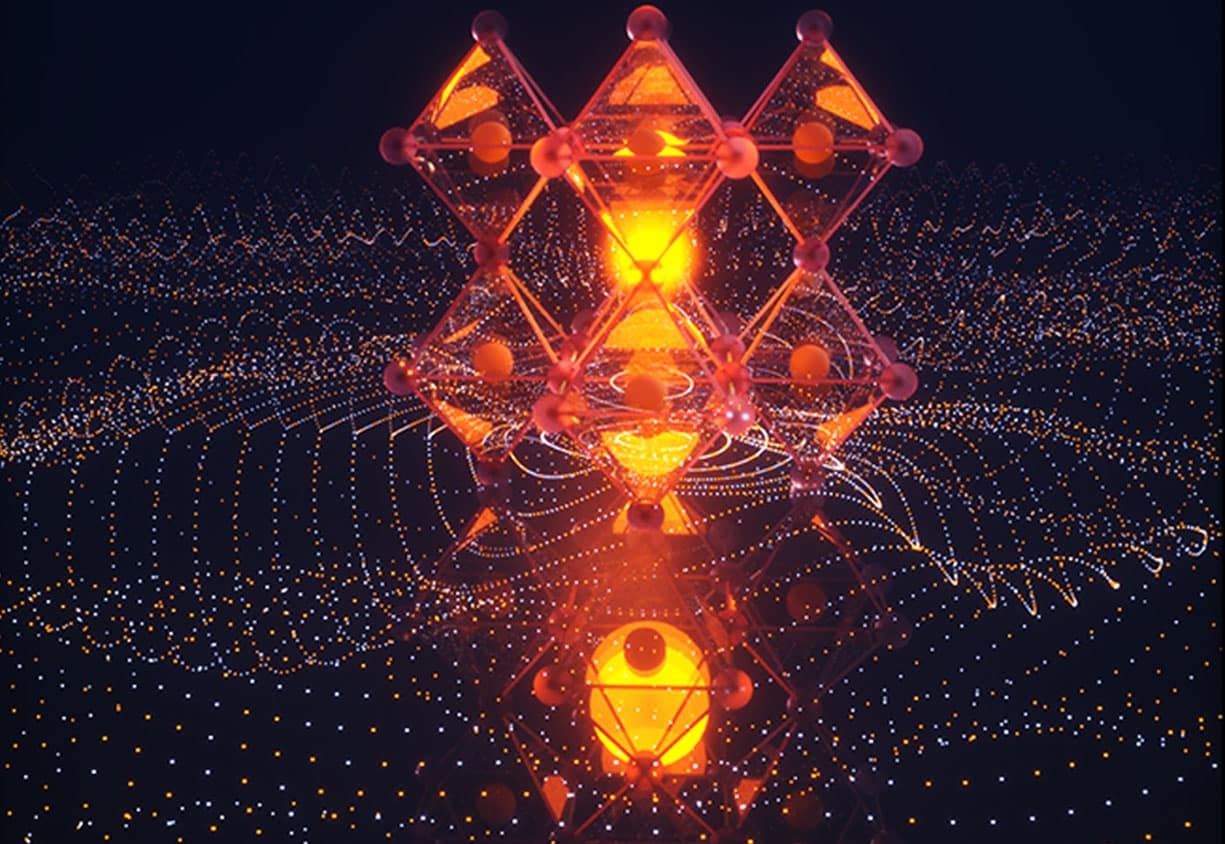Carbon Electronics Cluster Opens New Facility at NC State

NC State inaugurated a new carbon electronics laboratory on Nov. 18, formally launching a state-of-the-art facility that is bringing together scientists and engineers across the university to do cutting-edge work in this emerging field.
The 6,000-square-foot facility for the Organic and Carbon Electronics Labs (ORaCEL), housed in the Partners III building on Centennial Campus, is equipped with state-of-the-art coating, microscopy, spectroscopy, materials characterization and device testing facilities. Funding for the interdisciplinary laboratory came primarily from NC State’s Chancellor’s Faculty Excellence Program and in part from a $2.8 million grant made by the University of North Carolina General Administration in 2015. The Colleges of Sciences and Engineering also contributed to the project, as well as the Departments of Physics and Materials Science and Engineering.
The inauguration event included a tour of the new facility and remarks from College of Sciences Dean Chris McGahan, College of Engineering Dean Louis Martin-Vega and Provost Warwick Arden, who praised the interdisciplinary efforts of the faculty and administrators who made the new laboratory possible.
“They’ve truly embraced the concept of working across disciplines to create something extraordinary,” Arden said.

ORaCEL is part of NC State’s Carbon Electronics cluster, one of 20 such interdisciplinary faculty groups in the Chancellor’s Faculty Excellence Program. The university-wide initiative aims to bring together top minds in a range of academic disciplines and give them the support they need to tackle global issues.
ORaCEL is doing fundamental research toward the development of revolutionary, molecular spintronics and neuromorphic computing approaches and renewable, self-sustaining energy systems such as self-powered greenhouses, integrated solar cell/algae growth ponds and integrated semitransparent solar cells for residential structures. The group is also developing a range of transistors, sensors and optoelectronics through additive manufacturing routes, and implementing autonomous and intelligent processing approaches supported by artificial intelligence to accelerate material and device development that will be important for the integrated and connected world of the future.
The state-of-the-art ORaCEL facilities include a maker space for additive manufacturing of next-generation semiconductors and optoelectronic devices. The facility was designed by Aram Amassian, an associate professor of materials science and engineering, and others to support interdisciplinary efforts. The goal was to seamlessly integrate basic research activities in materials physics and chemistry with device and process engineering and intelligent manufacturing efforts. The size and features of the laboratory will enable it to accommodate at least one additional faculty hire for the cluster.
The Carbon Electronics cluster was launched by Harald Ade, Goodnight Innovation Distinguished Professor in the Department of Physics, and is currently co-led by Franky So, Walter and Ida Freeman Distinguished Professor in the Department of Materials Science and Engineering, and Phil Castellano, Goodnight Innovation Distinguished Chair in the Department of Chemistry. The cluster includes faculty from several science and engineering disciplines at NC State.
This post was originally published in College of Sciences News.


